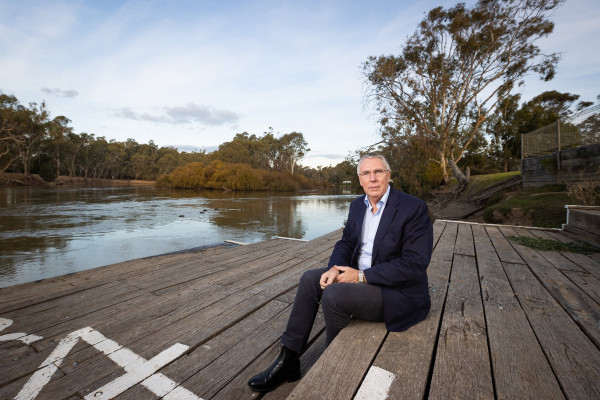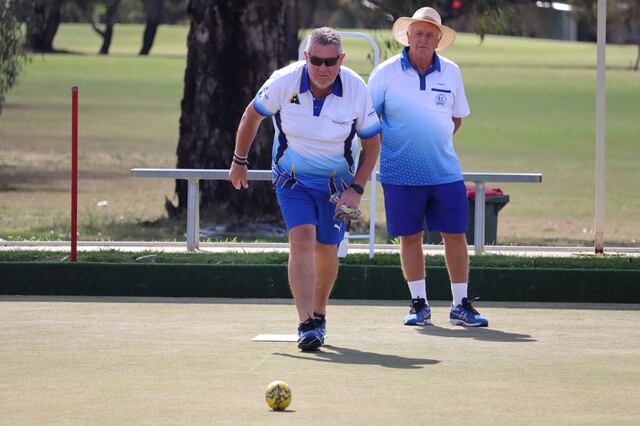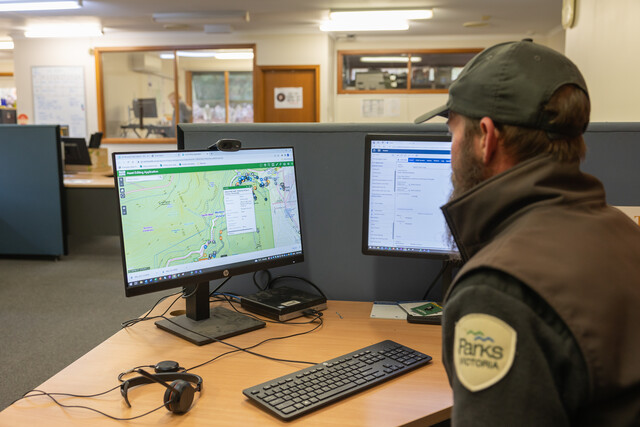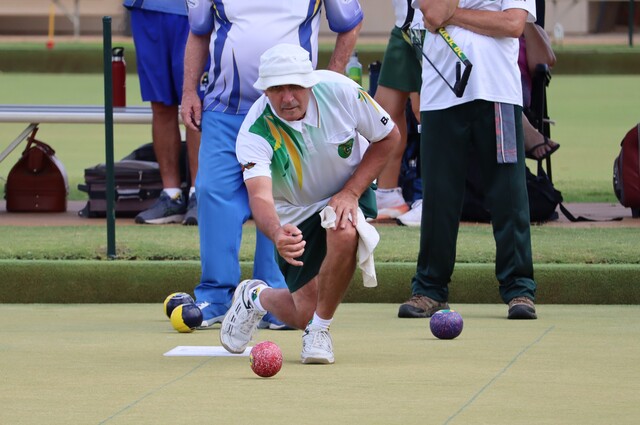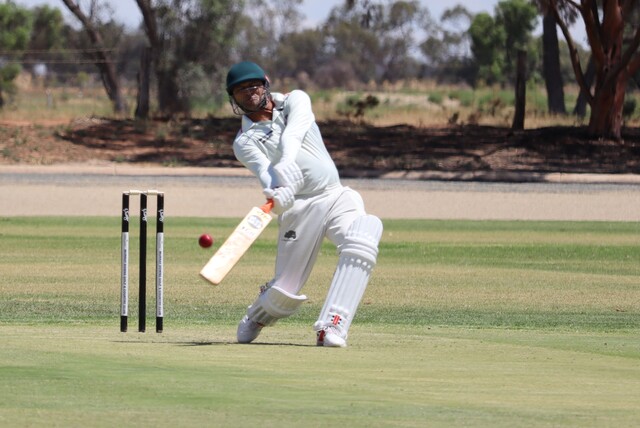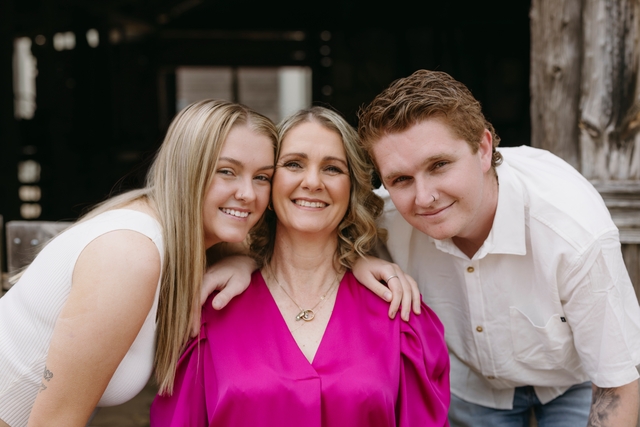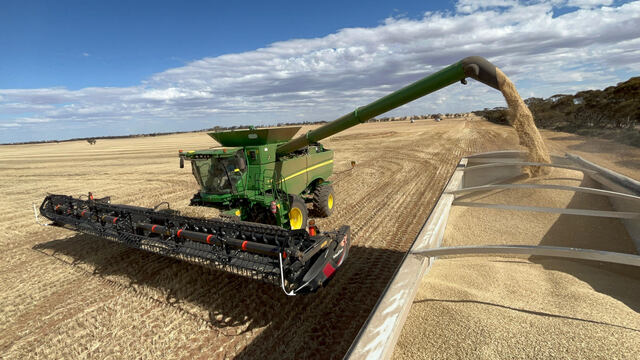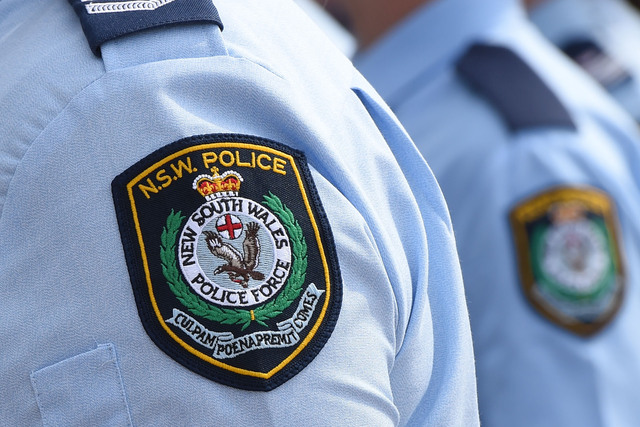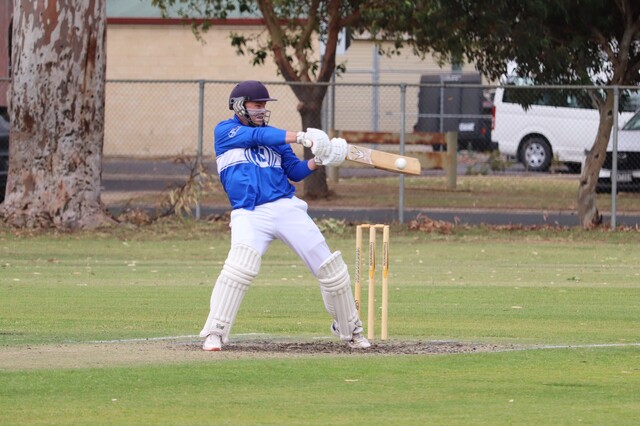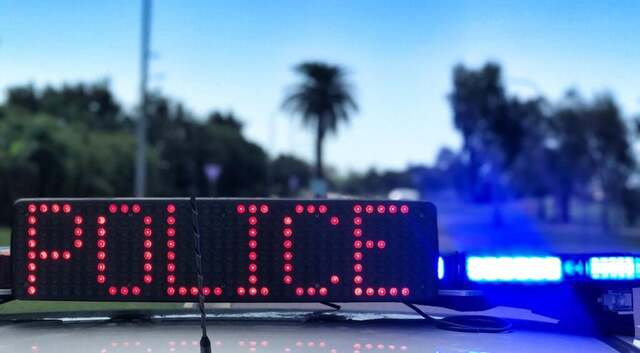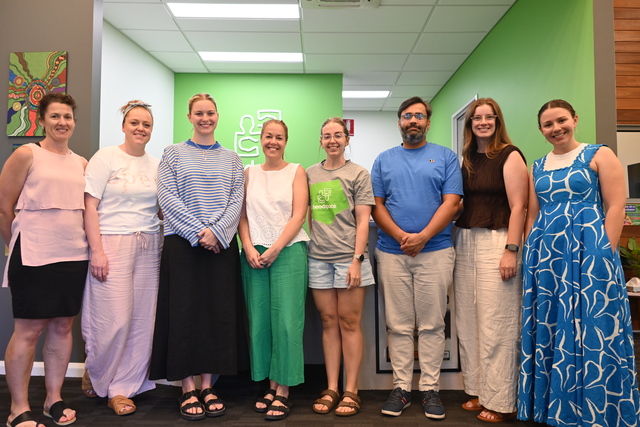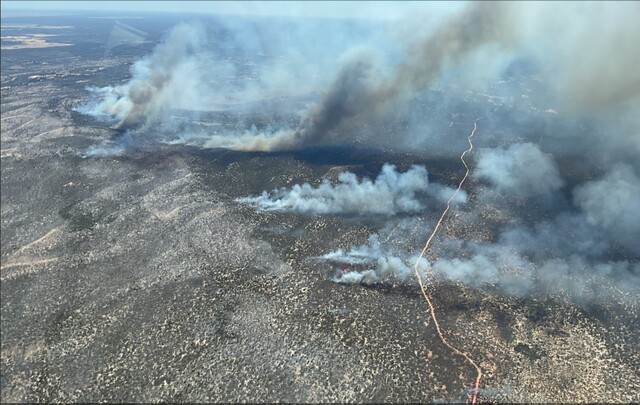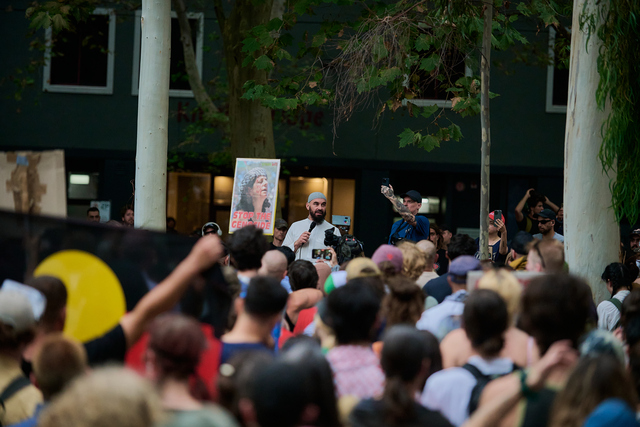VICTORIAN Nationals leader Peter Walsh is not yet convinced the voice proposal will be the solution to closing the gap for Indigenous Australians.
Opposition Leader John Pesutto announced last week Victorian Coalition MPs would have a “non-binding position” and be free to choose how they vote in the Aboriginal and Torres Strait Islander Voice referendum later this year.
Mr Walsh remained uncertain about the benefits of having a voice.
“I’ve got an open mind, but I still haven’t been convinced that the voice will actually make a meaningful difference in … bridging the gap,” he told The Guardian.
“To my mind, just setting up another bureaucracy without some clear evidence into how it is going to improve the Closing the Gap indicators says to me that it is not going to deliver.”
The 2022 Closing the Gap report found the key targets of children’s school readiness, incarceration rates, suicide rates and child-removal rates were going backwards rather than improving.
“We don’t need another bureaucracy for the political elite,” Mr Walsh said.
“We actually need housing, health services, education, all those key Closing the Gap indicators.
“We actually need real action on that, and the Indigenous community should be involved in that, there’s no argument with that about working on those things for their own people.
“But whether you want another bureaucracy in Canberra, I’m not sure that’s the way to go.”
As the Opposition spokesman for Aboriginal affairs, Mr Walsh said Indigenous communities had conflicting views on the voice, just like the rest of Australia.
“Some are obviously very passionately in favour, but in the wider Aboriginal population that I have talked to, quite a few of them don’t believe it will deliver at all and that the energy is going into the wrong area,” he said.
Australians will vote on whether to create the permanent independent advisory body between October and December this year.
As for what the result will be, Mr Walsh said there was no way to predict yet.
“You see different polls, you hear different things from different people as to what their personal views are,” he said.
“But if you look at the history of referendums, only a small percentage of them have been successful, which is why I’m not sure the government is selling the benefits of the voice well enough.
“Something that personally antagonises me and a lot of other people is being told that you are going to be a racist if you don’t vote for it – I think that will get a lot of Australians’ backs up, when they just want to know what it is going to deliver.
“To be called a racist because you asked that question I think is just plain wrong.”

